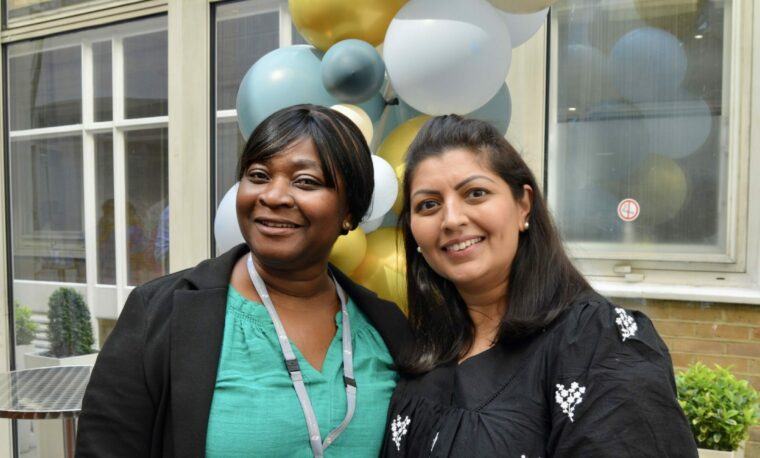Eating disorders at Christmas
Christmas is an unusual time of year that promises great happiness, cheer, and other expectations that may not be realistic. As a result, it can be quite stressful for many.
For someone with an eating disorder, there are particular difficulties that surround Christmas. The traditional focus on food as integral to celebrations can be extremely anxiety-provoking. Over-indulgence can seem to be a central part of Christmas. For someone who struggles to eat enough and fears weight gain, the expectation of eating in this context is terrifying. For those who have difficulties with compulsive or binge eating, the abundance of food is equally frightening.
Festive gatherings of friends, family and colleagues can also feel like a minefield in terms of the topic of conversation. It is not uncommon for people to talk about their over-indulgence and plan weight loss through strict diet and exercise regimes in January. This focus on food and weight-related issues can fuel eating disordered thoughts and drives.
Some loved ones can also share well-meaning comments about a person’s appearances. Whether it is concern about looking unwell or praise for looking well, this can heighten disordered thoughts and cause distress.
How to cope during Christmas with an eating disorder
- Try to plan to eat carefully to take into account festive gatherings, preferably with a professional
- Try to enlist the support of people close to you
- Try to explain what would be helpful to others in order to support you
- Try to focus on the way forward for you, regardless of what is going on around you
Tips for family and loved ones
- Ask what would be helpful/unhelpful.
- Try to move conversations away from topics of food, weight and anything related
- Try to focus on other aspects of enjoying time together
- Research how to best support your loved one
What is an eating disorder?
Eating disorders are abnormal eating habits associated with psychological factors. Individuals are so preoccupied with food and weight that they can focus on little else. Insufficient or excessive food intake leads to the detriment of the individual’s physical and mental health that can have life-threatening consequences.
Who may be affected by an eating disorder?
Beat estimates more than 725,000 people in the UK are affected by an eating disorder. Although more common in certain age groups, eating disorders can affect people of any age.
- 1 in 250 women and 1 in 2,000 men will experience anorexia nervosa at some point.
- Bulimia is around two to three times more common than anorexia nervosa, and 90% are female.
- Binge eating affects males and females equally and estimated to affect around 5% of the adult population.








